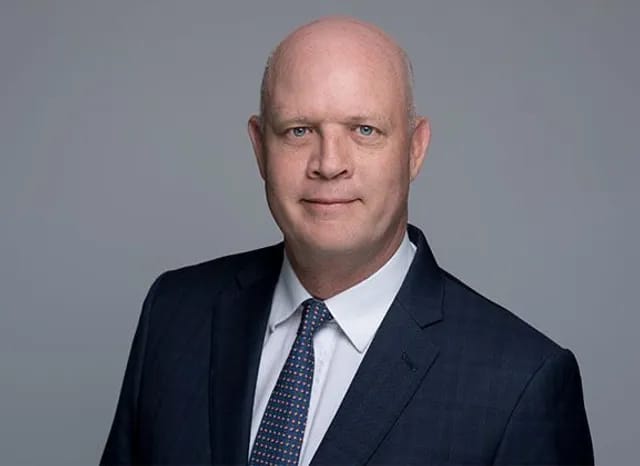
NASSAU| Financial experts are crying foul after The Securities Commission of the Bahamas (SCB) doubled down on its decision to appoint the executive director’s law partner as FTX Digital Assets provisional liquidator in what is perceived as a blatant conflict of interest.
Brian Simms, K.C, who is the law partner of SCB Executive Director Michael Paton, was appointed as provisional liquidator on the advice of the Attorney General earlier this month.
The new SCB board was announced in September of this year.
Even after many questions over the clear conflict were raised by the public, a defiant Simms remains the provisional liquidator and Paton remains on the board.
The move begs the question, how could the Paton-led SCB select his close colleague at Lenox Paton as provisional liquidator?
Simms stands to benefit financially from the appointment as such complicated matters tend to drag on for months, or even years.
Though his appointment was recommended by the AG, it doesn’t negate the fact that it is a clear conflict. 👌
Financial experts have opined there is no way Simms should be provisional liquidator.
It comes as FTX US continues to raise concern over the commission’s decision to transfer some of FTX’s assets to a digital wallet controlled by the SCB.
FTX CEO John Ray III, who replaced disgraced founder Sam Bankman-Fried, stated, “The debtors thus have credible evidence that the Bahamian government is responsible for directing unauthorized access to the debtors’ systems for the purpose of obtaining digital assets of the debtors – that took place after the commencement of these cases.”
However, the commission called that statement a misrepresentation.
On November 10, the Securities Commission took action to freeze assets of FTX Digital Markets and related parties.
The Commission also suspended the registration and applied to the Supreme Court for the appointment of Simms as the provisional liquidator of FTX Digital Markets Ltd.
FTX, a Bahamas-based cryptocurrency exchange, imploded amid revelations of practices that went against its own code of ethics.
One lawyer claimed the company was run as the “personal fiefdom” of Bankman-Fried.







